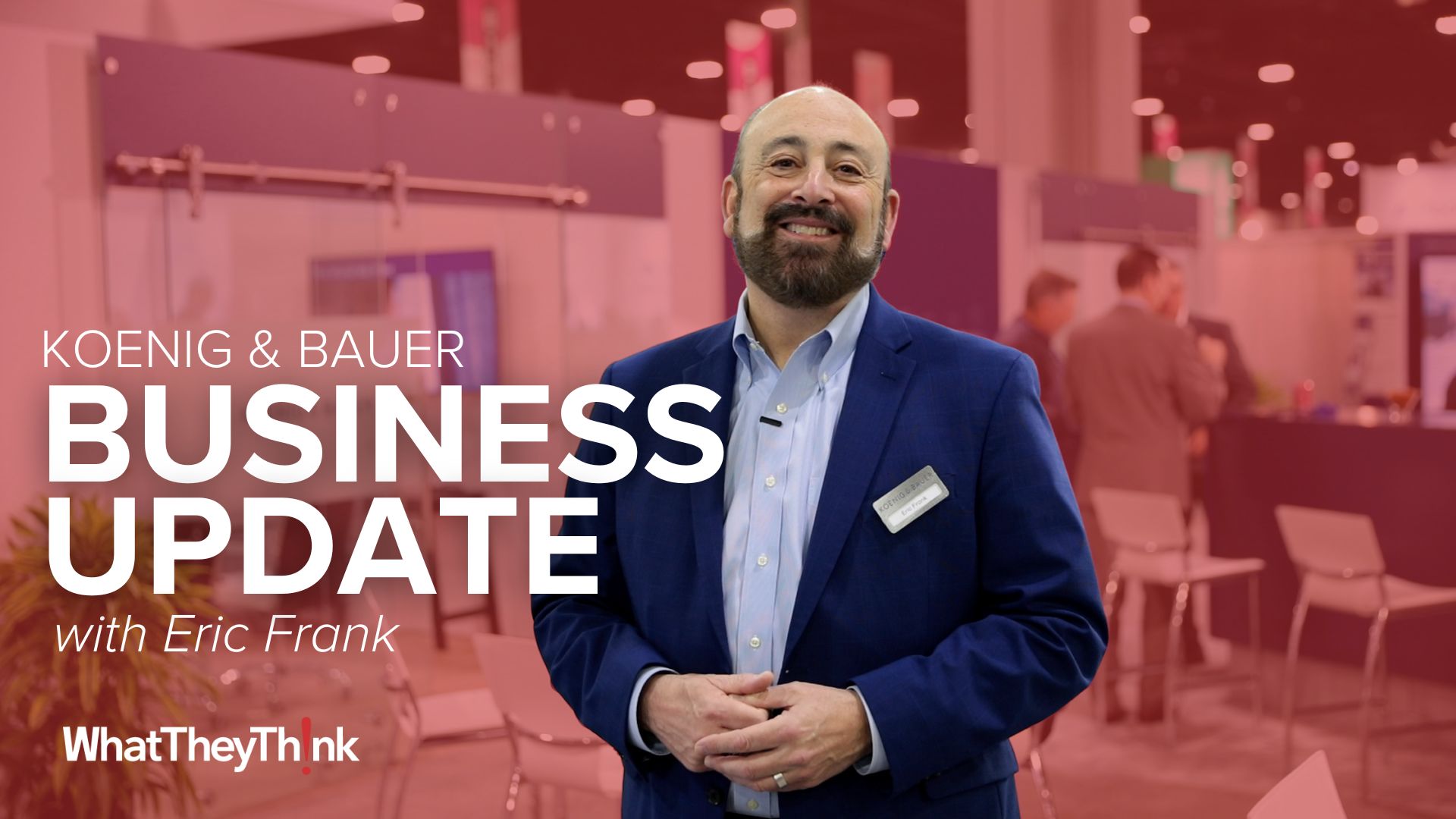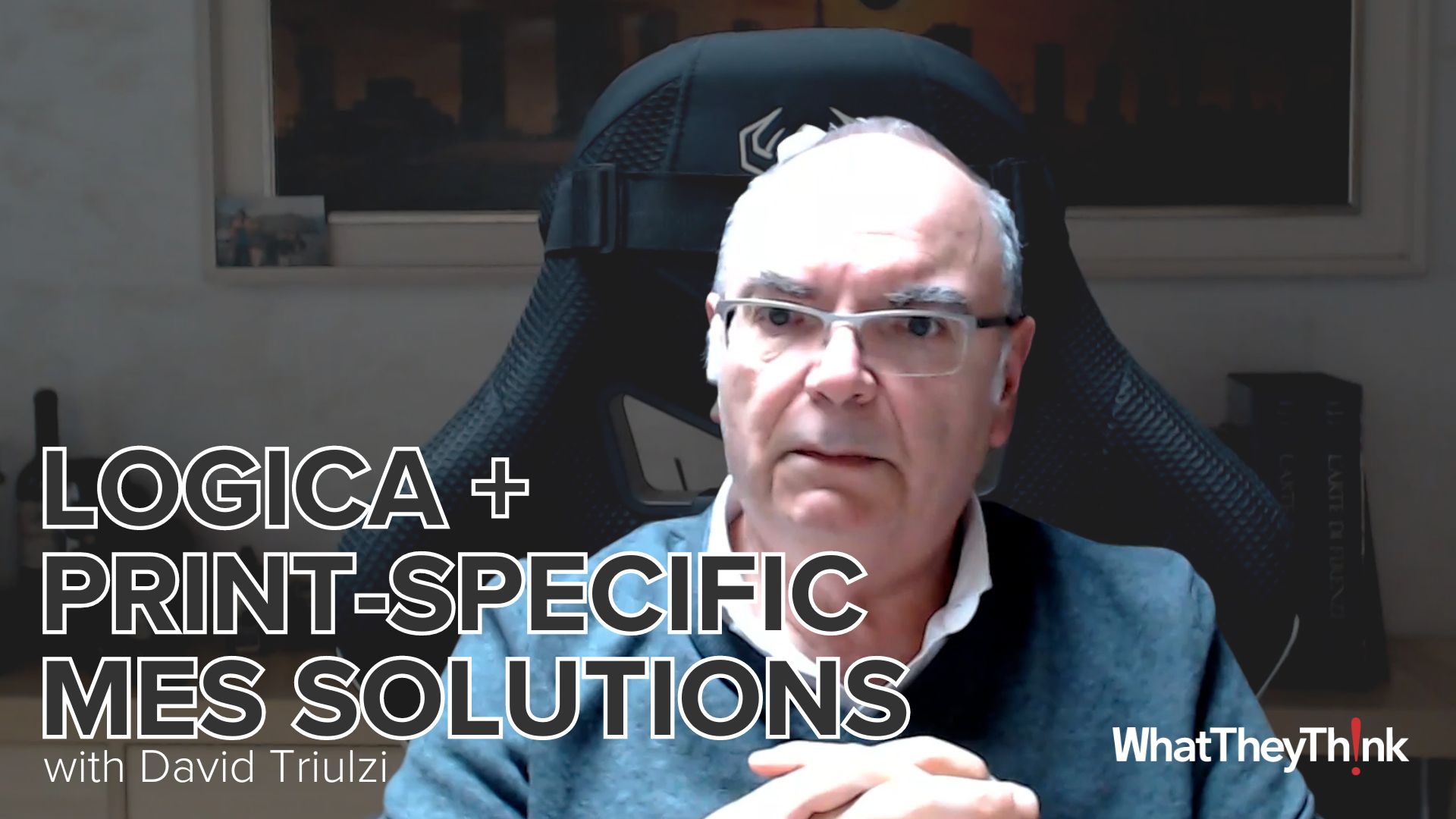Heidelberg Stahlfolder PFX Feeder Technology Earns 2014 InterTech™ Technology Award
Press release from the issuing company
Kennesaw, GA. - Printing Industries of America has honored Heidelberg's Stahlfolder PFX (Pallet Feeder eXtended) Feeder Technology with a prestigious 2014 InterTech™ Technology Award.
"Lean manufacturing principles are more important in printing today than ever before, and the finishing department is rightfully acknowledged as a full participant in the drive to reduce costs, minimize waste and generate higher profits," said Juergen Grimm, president of Heidelberg USA. "This is the 33rd time a Heidelberg innovation has received an InterTech Technology Award, an annual roster that amply confirms Heidelberg's technology leadership and unique history of innovation that already includes multiple InterTech™ Technology Awards for groundbreaking cutting, folding, and stitching technologies. "
Seamless Transfer from Press to Folder
The Stahlfolder PFX Feeder was recognized for its success in extending the proven benefits of the stream feeder technology used in Heidelberg offset presses to the folding department. Heidelberg's Stahlfolder PFX Feeder Technology promotes lean production, reduces overhead labor costs, and increases net output up to 50 percent, compared with conventional, cross-fold production. The PFX also yields a 50 percent reduction in feeder faults, even on wavy or curled stocks. The feeder also makes the machine much more ergonomically operator friendly and allows users to achieve the highest run speeds without adding a helper to the operation.
"Printers around the world have embraced the concept of postpress as a manufacturing process equal in importance to their state-of-the-art pressrooms, where 14,000-18,000 net outputs are typical," said Steven Calov, Postpress Product Manager, Heidelberg USA. "Customers that have installed a high-speed folder with PFX feeder typically replace two or three existing machines, freeing up floor/intermediate paper storage space and reducing the overhead labor cost per shift, including costs associated with injuries due to the repetitive stress and strain of lifting sheets of paper onto a feed table. In addition to boosting efficiency with lower capital investment, the Stahlfolder PFX feeder also drives down the total cost of manufacturing while driving up profits."
"Heidelberg's Stahlfolder PFX Feeder Technology enables postpress operations-often considered an unavoidable bottleneck-to keep pace with today's supercharged pressrooms," said Mark Bohan, vice president, technology and research, Printing Industries of America. "Our judges were impressed with the cost savings, productivity improvements, and enhanced profit potential flowing from the ability to drive sheets more efficiently through the shop."
Unconventional Stability
The new feeder separates sheets on the pallet and transports them onto the vacuum feed table in a shingled stream, a prerequisite for processing more sheets in the same amount of time. This improves the consistency of feeding, requires fewer stops, and increases the total number of sheets that can be folded during an eight-hour shift. It is impossible to achieve ultra-high-speed, stable production like this with a conventional feed table. The new PFX feeder can be run in single mode or in shingled mode on the infeed. Heidelberg's traditional TH parallel folder and KH knife folder typically run in single mode. Heidelberg's high-performance TX parallel folder with twin pneumatic side lay ("frog fold") employ the shingled mode.
J.S. McCarthy Printers (Augusta, Maine) became the first U.S. company to install a Stahlfolder KH-82 folder with PFX feeder last year. Said Vice President Jon Tardiff, "We're doing 32-page signatures at 10,000 cycles per hour, and 16-page signatures at 14,000 cycles per hour, compared with 4500-5000 signatures per hour on the manual folder we replaced." At this rate, he calculated, "We expect to do 20-25 million signatures a year on the new machine."
"Modern Litho (Jefferson City, Mo.) has been a Heidelberg customer for many years, and we are pleased to say we are extremely satisfied with the PFX feeder on our Stahlfolder KH-82," said Director of Operations Jim Tomblinson. "Heidelberg has greatly enhanced our productivity by supplying us with a machine that can operate at the highest possible speeds while maintaining the high quality standards our customers demand. This cutting-edge folding technology enables Modern Litho to be extremely competitive nationwide."
"The new PFX system takes pallets directly from the press so operators can focus on count accuracy and the quality of the fold," added Todd Bone, Director of Production. "It has greatly increased our folding capacity, providing more stability and predictability during the folding process."
Do the Math
The return-on-investment becomes easy to justify when a printer can manufacture 40-50 percent more sheets per shift. A given company also can save about 275 square feet of space per machine it no longer needs, or $2,750 per month. The overhead labor cost per shift for an operator and helper- roughly $75,000 annually-would be significantly reduced by the need for just a single operator. The reduction of intermediate storage of space for printed material is approximately 96 square feet previously needed to accommodate 12 skids of paper. For here, it's a simple matter to calculate the overall savings that can be realized from these gains in efficiency.
- The Future of AI In Packaging
- Inkjet Integrator Profiles: DJM
- Spring Inkjet Update – Webinar
- Security Ink Technologies for Anti-Counterfeiting Measures
- Komori unveils B2 UV Inkjet
- Keeping Nozzles Fresh with Flow
- Komori to Unveil the J-throne 29 Next Generation Digital Press at drupa 2024
- Inkjet drives convergence of transactional and graphic arts applications

WhatTheyThink is the official show daily media partner of drupa 2024. More info about drupa programs
© 2024 WhatTheyThink. All Rights Reserved.









Discussion
Join the discussion Sign In or Become a Member, doing so is simple and free